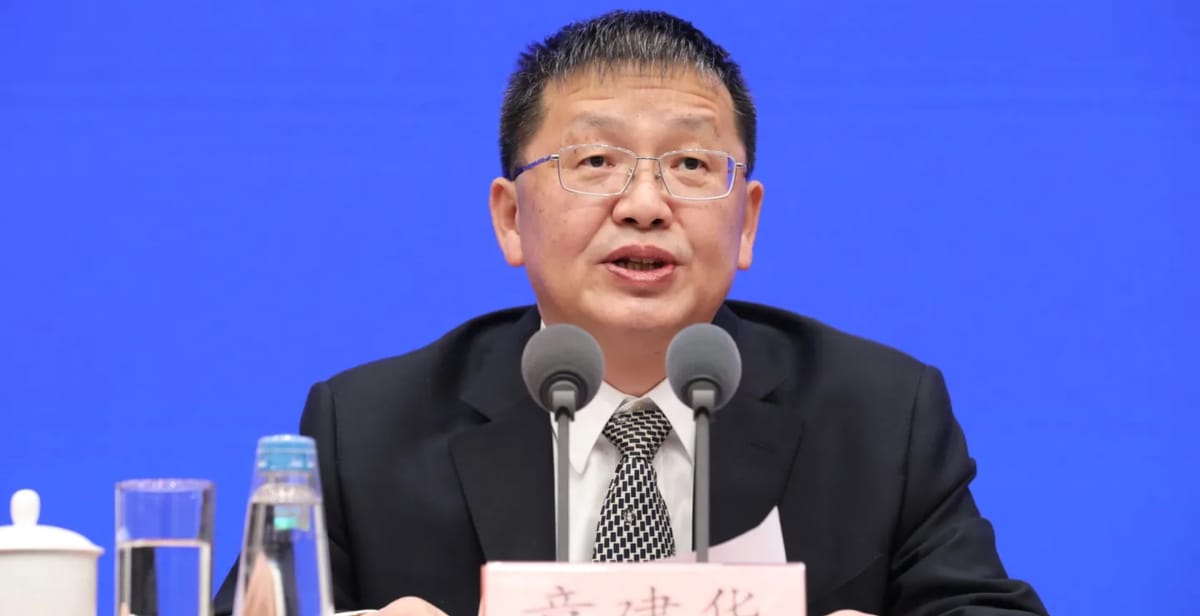China has revealed details of its hefty 60 billion yuan ($8.2 billion) state fund dedicated to early-stage AI projects. The initiative underscores Beijing's determination to advance its AI capabilities through direct government investment at a time when access to Western technology faces increasing restrictions.
The AI Industry Investment Fund was quietly established in January under the guidance of China's industry and finance ministries, according to Zhang Jianhua, an official from the Ministry of Industry and Information Technology who oversees the fund. Zhang revealed these details at a recent conference in Shenzhen, as reported by state-run Shanghai Securities News.
What makes this fund particularly noteworthy is its connection to China's semiconductor strategy. The new AI fund draws contributions from Phase III of the China Integrated Circuit Industry Investment Fund—commonly known as the "Big Fund"—which was established last year with a registered capital of 47.5 billion yuan to boost China's chip industry toward self-sufficiency.
"The fund will carry out investments throughout the AI supply chain, including in areas such as computing power, algorithms, data and applications," Zhang said at the Shenzhen event. He specifically highlighted embodied AI—intelligent systems that interact with physical environments, often through robots—as a priority investment area, calling it an "effective path for the commercialization of AI."
The timing of the fund's creation appears strategic. It was incorporated in Shanghai just days after the United States further tightened export controls for advanced semiconductors and placed additional Chinese companies on its trade blacklist. This pattern of action-reaction has become increasingly familiar in the tech rivalry between the two economic powers.
Beijing has made no secret of its AI ambitions. The Chinese government expects the country's AI market to reach 5.6 trillion yuan by 2030, according to state-backed investment firm China International Capital Corporation. The new fund represents a concrete step toward realizing those projections.
The state-backed Guozhi Investment (Shanghai) Private Equity Fund Management will manage the investments, focusing not just on national priorities but also local development. At the Shenzhen conference, Zhang pledged to increase support for companies in the southern tech hub, promising to "increase capital, confidence and capacity for high-quality enterprises."
For Western observers, the fund represents the latest chapter in China's state-led technological development story—one that contrasts sharply with the predominantly private-sector driven approach in the United States. As global competition in AI intensifies, the effectiveness of these divergent strategies may prove decisive in determining which nation ultimately gains the upper hand in this transformative technology.

